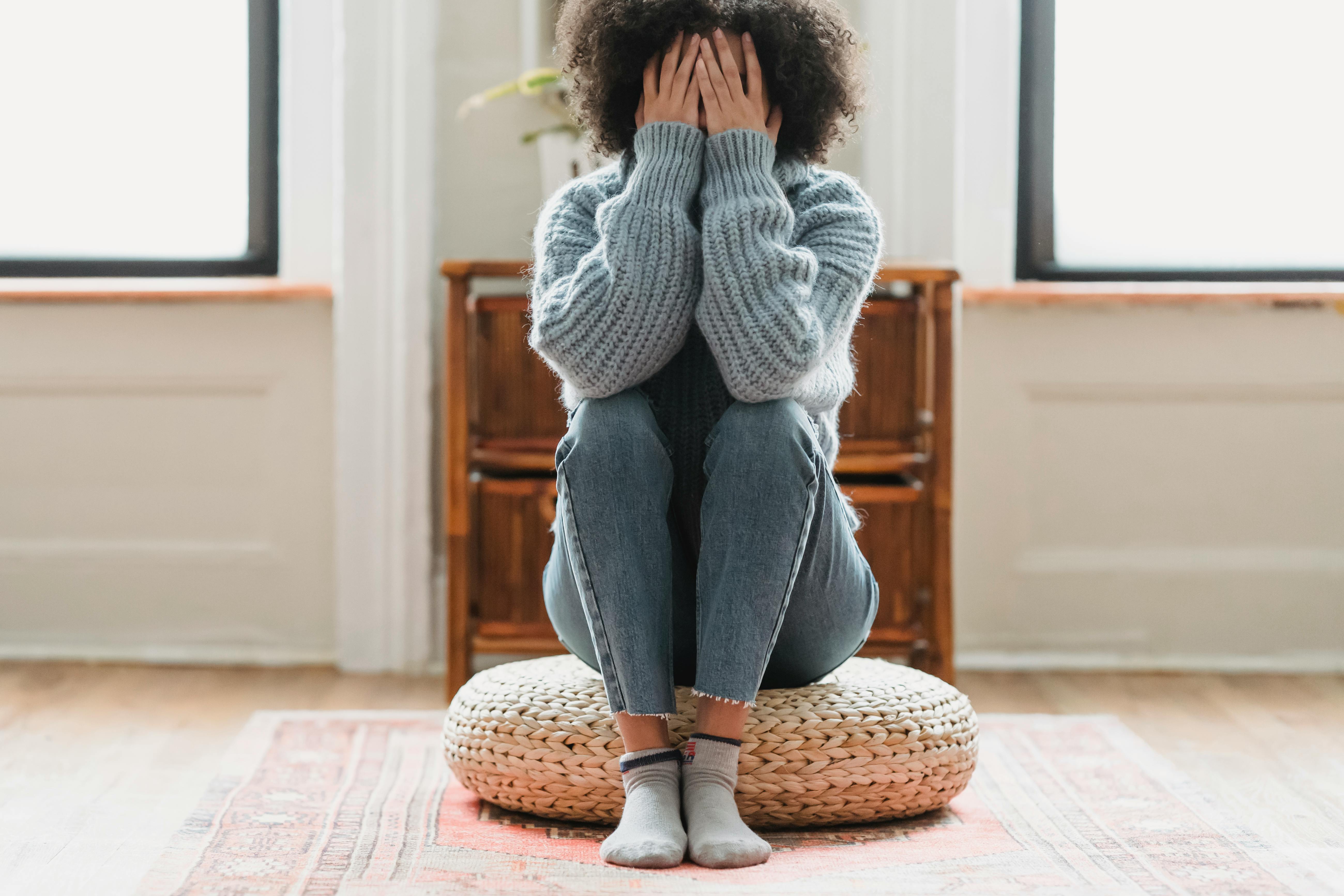The relationship between body image and self-esteem is a complex and multifaceted issue that has garnered significant attention in psychological and sociological research. Body image refers to the subjective perception and attitude an individual has toward their own physical appearance, while self-esteem encompasses the broader evaluation of oneself in terms of worth, value, and confidence. Understanding how body image affects self-esteem, and vice versa, is crucial for addressing mental health concerns and fostering positive self-regard in a society where appearance often holds substantial social significance.
The Concept of Body Image
Body image is a multi-dimensional construct involving cognitive, affective, and behavioral components. Cognitively, it pertains to how one perceives their body, including the accuracy of this perception. Affective components involve the emotions and feelings one has about their body, such as satisfaction or dissatisfaction. Behavioral aspects relate to the actions individuals take in response to their body image, such as engaging in dieting or cosmetic procedures.
A positive body image is characterized by an acceptance and appreciation of one’s body, regardless of societal standards or personal imperfections. In contrast, a negative body image often manifests as dissatisfaction, self-criticism, and a preoccupation with perceived flaws. This dichotomy has profound implications for mental health and self-esteem.
Self-Esteem and Its Components
Self-esteem represents an individual's overall sense of self-worth and value. It is influenced by a range of factors including personal achievements, social interactions, and internalized beliefs. High self-esteem is generally associated with positive self-regard, resilience, and a balanced sense of one’s strengths and weaknesses. Conversely, low self-esteem can lead to self-doubt, feelings of inadequacy, and an increased vulnerability to mental health issues.
Self-esteem is closely linked to body image. Individuals with a positive body image are likely to experience higher self-esteem, as they possess a more favorable view of their physical appearance and, by extension, themselves. Conversely, negative body image can significantly undermine self-esteem, leading individuals to question their worth and capabilities.
The Impact of Body Image on Self-Esteem
A substantial body of research has demonstrated a strong correlation between body image and self-esteem. Individuals who perceive themselves negatively in terms of body image often experience diminished self-esteem. This relationship is particularly evident in contexts where societal standards of beauty are narrowly defined and heavily emphasized. For example, media portrayals of idealized body types can create unrealistic standards that many people feel pressured to meet. When individuals fall short of these ideals, it can result in a diminished sense of self-worth.
Adolescents are particularly vulnerable to the effects of body image on self-esteem. During this developmental stage, individuals are highly sensitive to peer opinions and social comparisons. Negative body image during adolescence can lead to issues such as eating disorders, social anxiety, and depression. These issues further exacerbate the negative impact on self-esteem, creating a detrimental cycle of self-criticism and psychological distress.
Moreover, the rise of social media has intensified body image concerns. Platforms that emphasize visual content can amplify pressures related to appearance and create unrealistic comparisons. Individuals exposed to idealized images may develop body dissatisfaction, which in turn negatively impacts their self-esteem. This phenomenon is compounded by the prevalence of digitally altered images that set unattainable standards.
Addressing Body Image and Self-Esteem Issues
Given the profound impact of body image on self-esteem, it is essential to address these issues through various interventions. Promoting body positivity and diversity in media representations can help counteract unrealistic standards and foster a more inclusive perception of beauty. Educational programs that emphasize self-acceptance and the importance of inner qualities over external appearance can also contribute to healthier body image and higher self-esteem.
Additionally, psychological support and counseling can be beneficial for individuals struggling with negative body image and low self-esteem. Therapeutic approaches such as cognitive-behavioral therapy (CBT) can help individuals challenge and reframe negative thought patterns about their appearance. Building resilience and self-compassion are also crucial components in improving self-esteem and fostering a more positive body image.
The interplay between body image and self-esteem is a critical area of concern in understanding mental health and self-perception. Negative body image can significantly undermine self-esteem, leading to a range of psychological issues. Conversely, a positive body image can enhance self-esteem and overall well-being. By addressing societal pressures, promoting body diversity, and providing psychological support, it is possible to mitigate the negative effects of body image concerns and foster healthier self-esteem. Creating a culture that values individuals for their inherent worth rather than their physical appearance is essential for improving mental health outcomes and encouraging a more positive self-regard in society.



